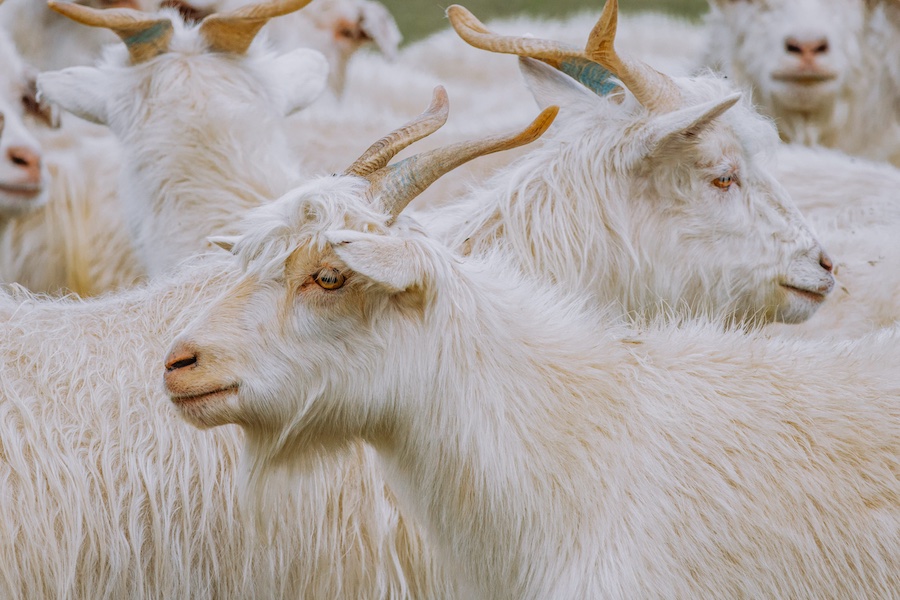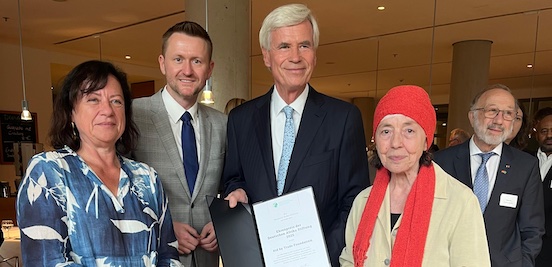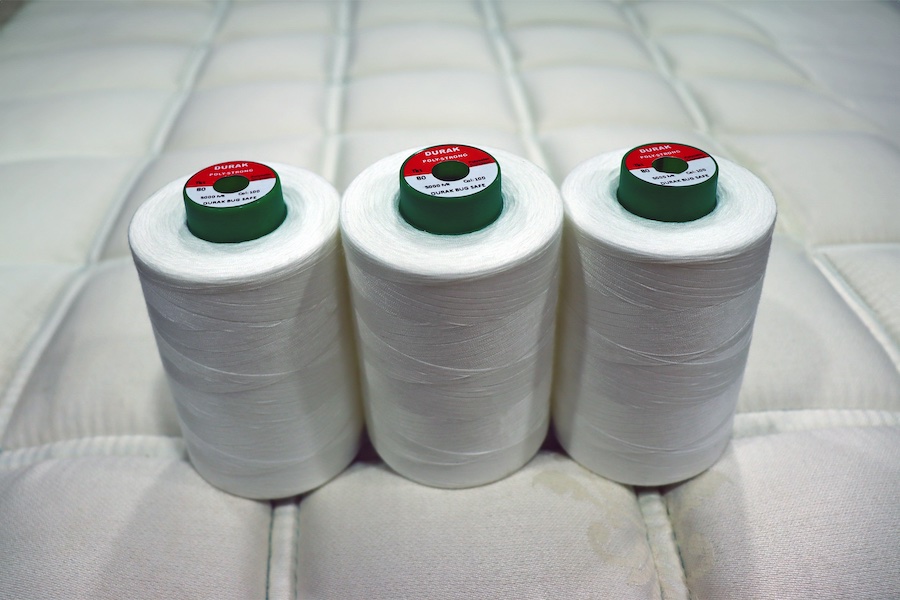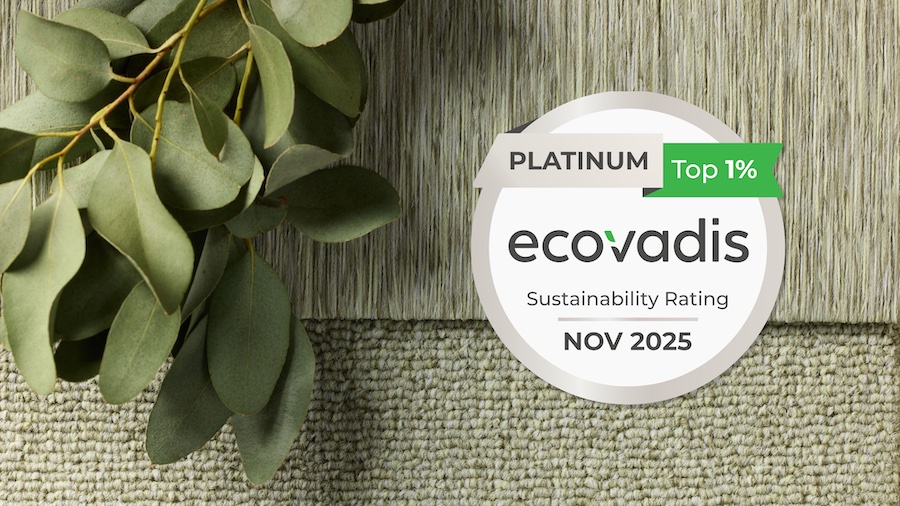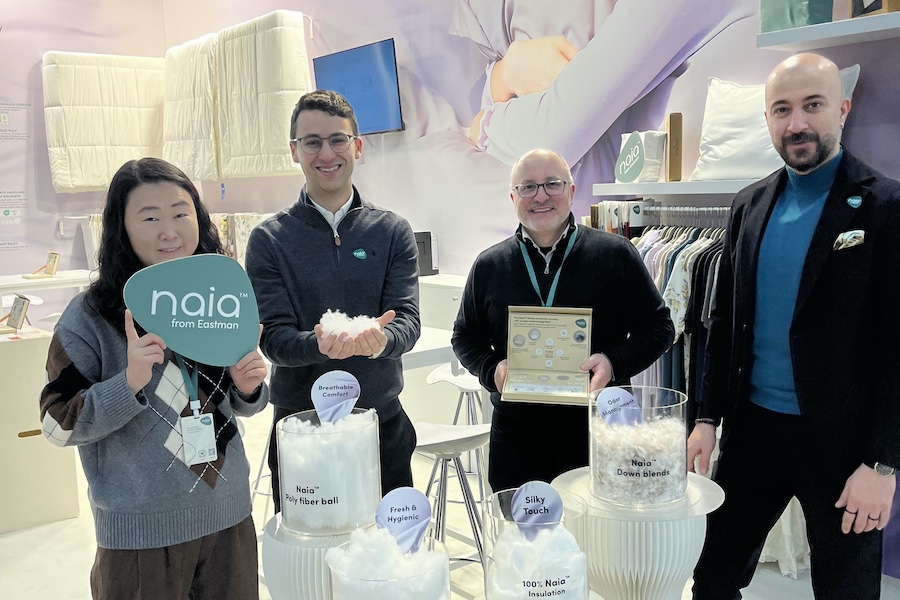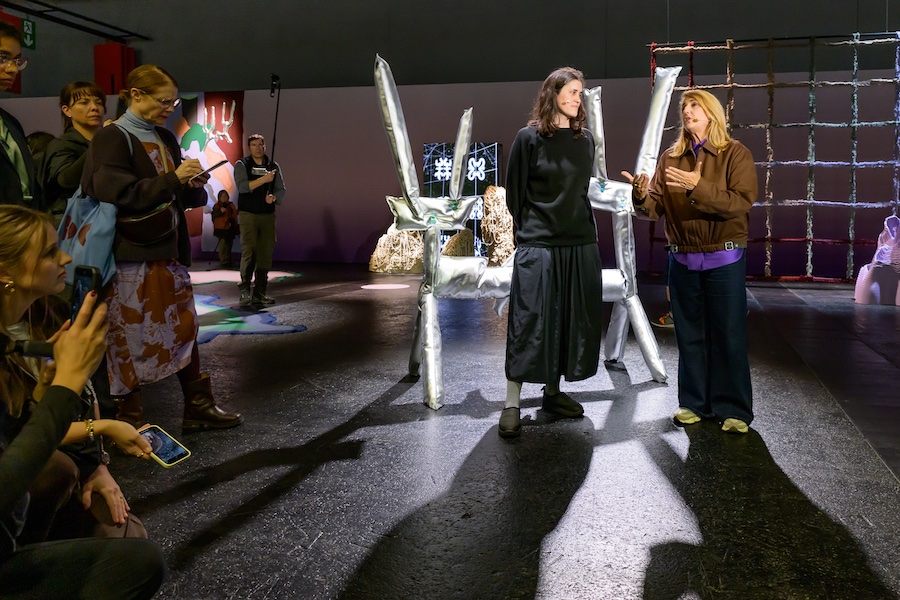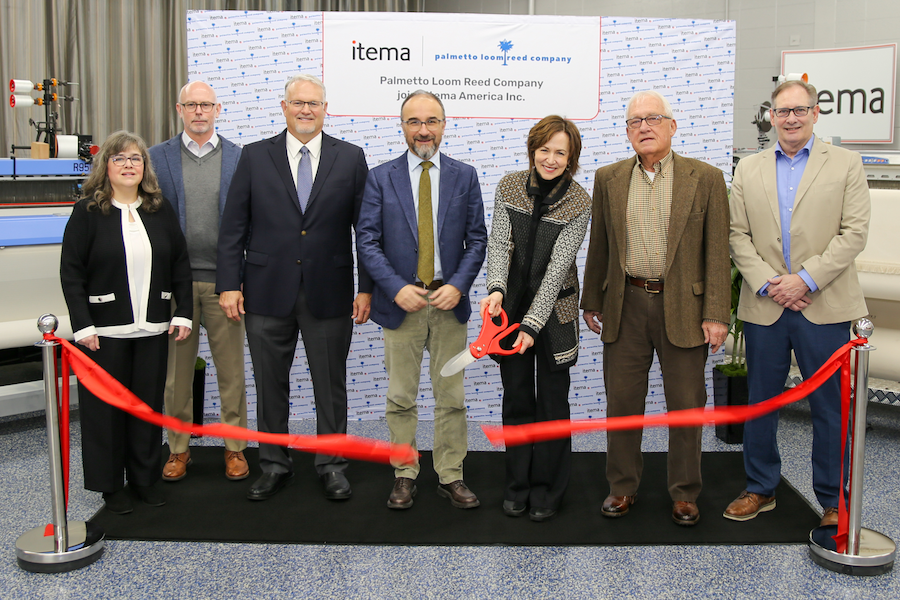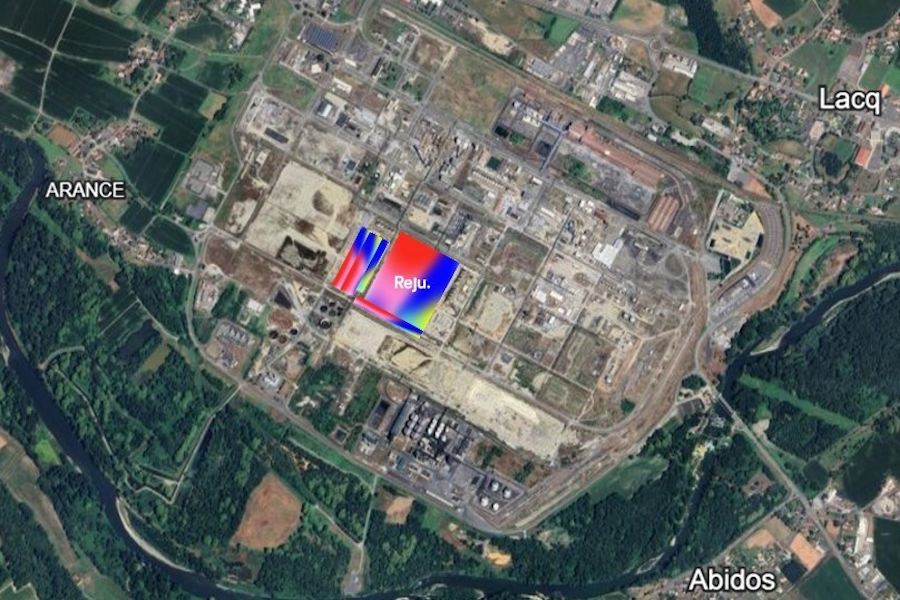#Yarn & Fiber
AbTF joins Make the Label Count initiative to promote fair assessment of natural fibres
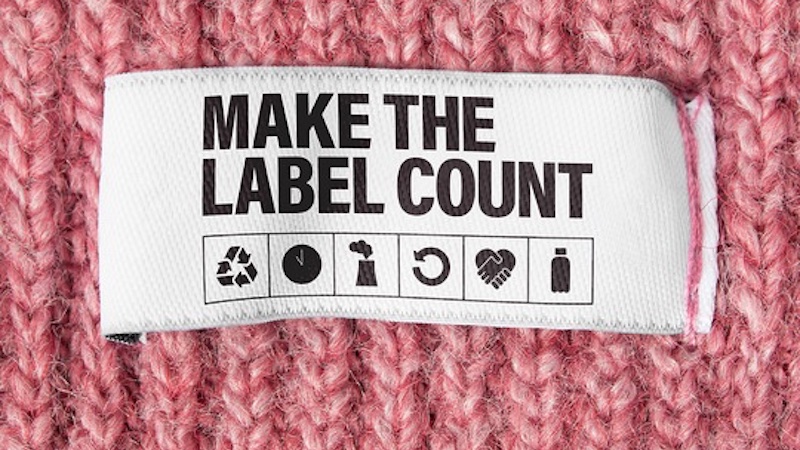
Make the Label Count was created in response to the development of new EU regulations for product statements on sustainability. Through its Product Environmental Footprint Category Rules (PEFCRs), the EU Commission aims to meet demand for a standardised approach to comparing products’ environmental impact. “We welcome the EU’s ongoing efforts to combat greenwashing in product advertising, including through verifiable sustainability claims. However, the EU’s current Product Environmental Footprint (PEF) is misleading consumers,” explains Tina Stridde, the managing director of the Aid by Trade Foundation, adding, “As it stands, the regulations favour textile fibres made from fossil fuels such as oil while placing natural fibres—such as cotton verified under Cotton made in Africa or cashmere fibres verified under The Good Cashmere Standard—at a disadvantage, despite the natural fibres being biodegradable, recyclable, and produced in an environmentally friendly way.”
The PEF system is designed to promote green businesses. Its framework is provided by the Product Environmental Footprint Category Rules (PEFCRs), which place natural fibres at a significant disadvantage. In its current form, the PEFCRs’ sustainability assessment returns more positive results for synthetic fibres than for natural fibres (e.g. sustainably produced cotton or cashmere fibres) because it takes into account neither the totality of fossil fuels’ environmental impact through the production process (e.g. of polyester fibres) nor the long-term consequences of the plastic waste and microplastic particles ending up in our environment through the finished products.
Together with other stakeholders, the Aid by Trade Foundation and Make the Label Count are now calling for the methodology behind the assessment to be reformed in order to provide a solid foundation for fully transparent consumer information and to help the industry achieve the environmental change that the EU is seeking. Dalena White, Make the Label Count’s spokeswomen, states, “In addition to the socio-economic dimension of raw material production for numerous producers, the EU’s PEF methodology must take into account that oil-based materials such as polyester produce mountains of plastic waste and disperse tiny microplastic particles into our waters and soils. It is therefore urgent that aspects such as microplastic emissions, plastic waste, and circularity be included in the assessment.”




